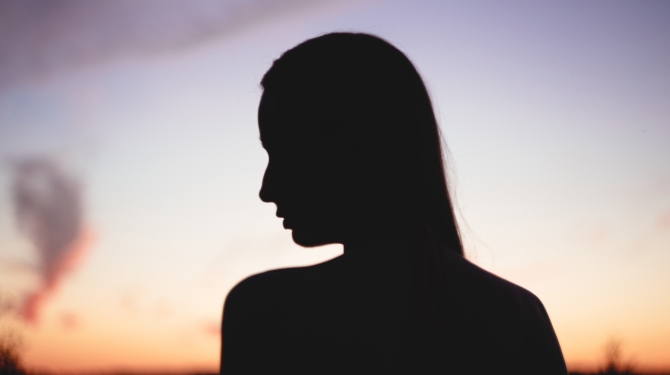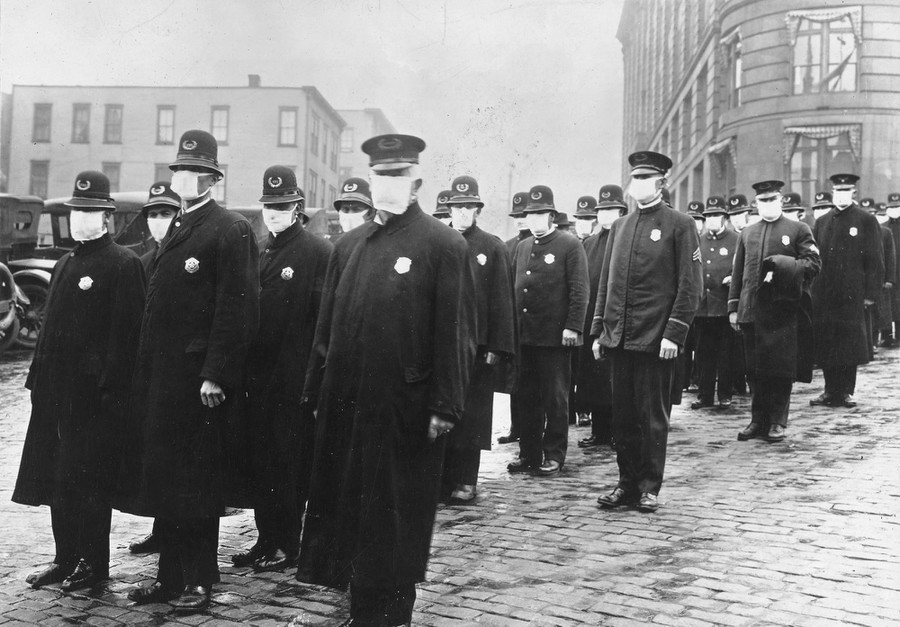By Dr Kay Inckle
Kay is now based at the University of Liverpool.
Self-injury – or self-harm as it is commonly known – is a coping mechanism whereby someone causes direct pain and/or injury to their own body. It is stereotypically associated with many of the following: ‘mental illness’, adolescent girls, Emos/youth subcultures, ‘personality disorder’, suicide, attention-seeking and sometimes violence or danger towards others. However, none of these accurately reflect the experience: self-injury is usually a private and secret experience, it is a means of staying alive rather than attempting to die, it is self-directed not other-directed, and it is not specific to any one group of people.
There are, however, some common features to the distress which underpins self-injury. But these features do not relate to an individual pathology or illness within the person who has hurt themselves but, rather, to the ways in which distress, vulnerability and ill-health are socially structured. For example, bullying and peer-victimisation related to sexuality, gender, ethnicity and disability are known to cause the kind of chronic distress which is mediated through self-injury. Likewise, victimisation through abuse, violence (including sexual violence) and neglect are also often linked to self-injury. Other experiences which strip away an individual’s power, autonomy and identity – such as detention in a hospital, prison or juvenile facility – are also correlated with self-injury. What is significant here is that these causes of distress relate to inequality, injustice and sometimes direct violence towards an individual, not an illness within them. Indeed, many forms of physical and mental/emotional ill-health can be directly related to these kinds of structural violence. Therefore to pathologise and/or stigmatise an individual for the way in which they cope with these experiences creates further injustice and potentially increases their distress. It is therefore essential that any response to self-injury acknowledges and addresses the social causes of distress rather than simply problematizing the individual.
User-led movements have been at the forefront of challenging inequalities and stigma, transforming societal perceptions and healthcare practice, and developing a rights-based agenda in mental health/illness and disability. User-led self-injury groups have brought self-injury into public awareness, challenged misperceptions about it and developed effective supports and interventions for those in distress. For example, The National Self-harm Network pioneered harm-reduction approaches to self-injury during the nineteen-nineties (including the publication of the Hurt Yourself Less Workbook), which have since been endorsed by NICE, the national regulatory body for UK health and social care. Likewise, LifeSIGNS were early pioneers of online peer-support, and also instigated the annual National Self-Injury Awareness Day. Equality-based approaches to self-injury are also at the heart of organisations like Self-Injury Support in Bristol and the work of Southall Black Sisters in London.
On Wednesday March 1st National Self-Injury Awareness Day will be marked with a public lecture and book launch at LSE. Speakers will include Wedge, founding director of LifeSIGNS, the peer-led, online self-injury organisation (discussed above), Conor McCafferty of Zest (Derry/Londonderry) a community-based self-injury and suicide support service which has just celebrated its twentieth birthday, and Kay Inckle of LSE sociology who will be launching her book Safe with Self-Injury: A Practical Guide to Understanding, Responding and Harm-Reduction. The talks will address the role of online peer-support for people who hurt themselves, the impact of alcohol (mis)use on self-injury, and harm-reduction approaches to self-injury. This is event is free to attend and is open to the public. It is hosted by LSE Sociology and the LSE Equity, Diversity and Inclusion Taskforce, and all are welcome. Further details are available at:
http://www.lse.ac.uk/intranet/LSEServices/equityDiversityInclusion/home.aspx
http://www.lse.ac.uk/Events/2017/03/20170301t1830vOT/Safe-with-Self-Injury






